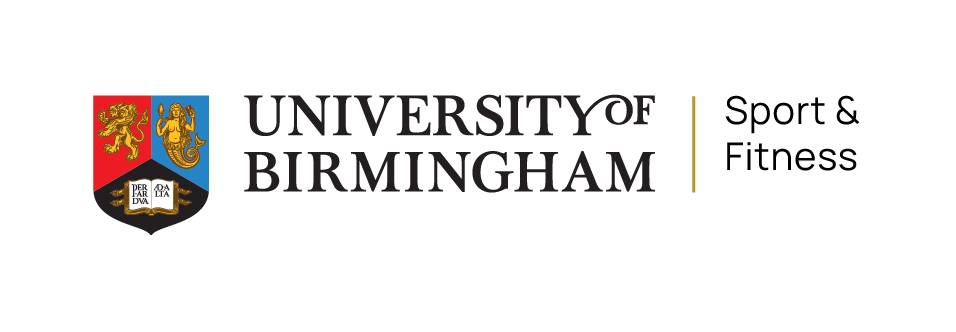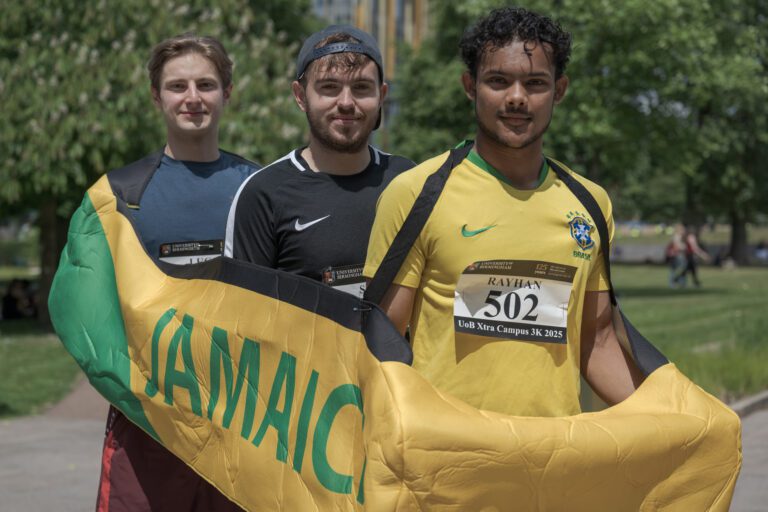
Campus 3K celebration run
Campus 3K celebration run More than 700 students and staff laced up, dressed up and showed up for this year’s 3K Your Way – and

Campus 3K celebration run More than 700 students and staff laced up, dressed up and showed up for this year’s 3K Your Way – and
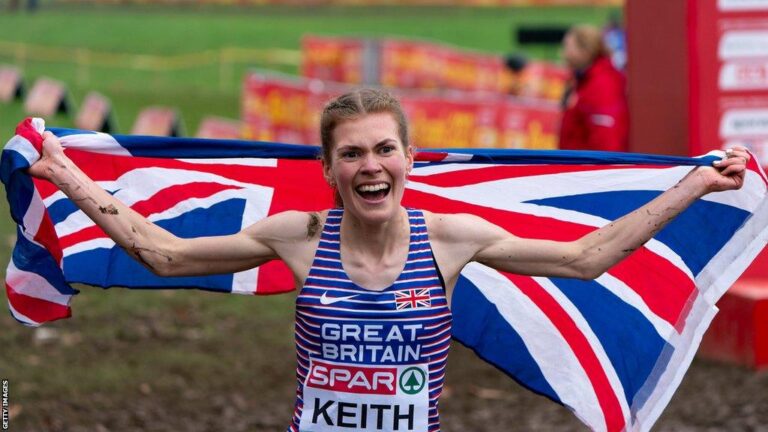
University of Birmingham to Host UK Athletics 10,000m Championships We’re thrilled to announce that the University of Birmingham will be hosting the UK Athletics 10,000m
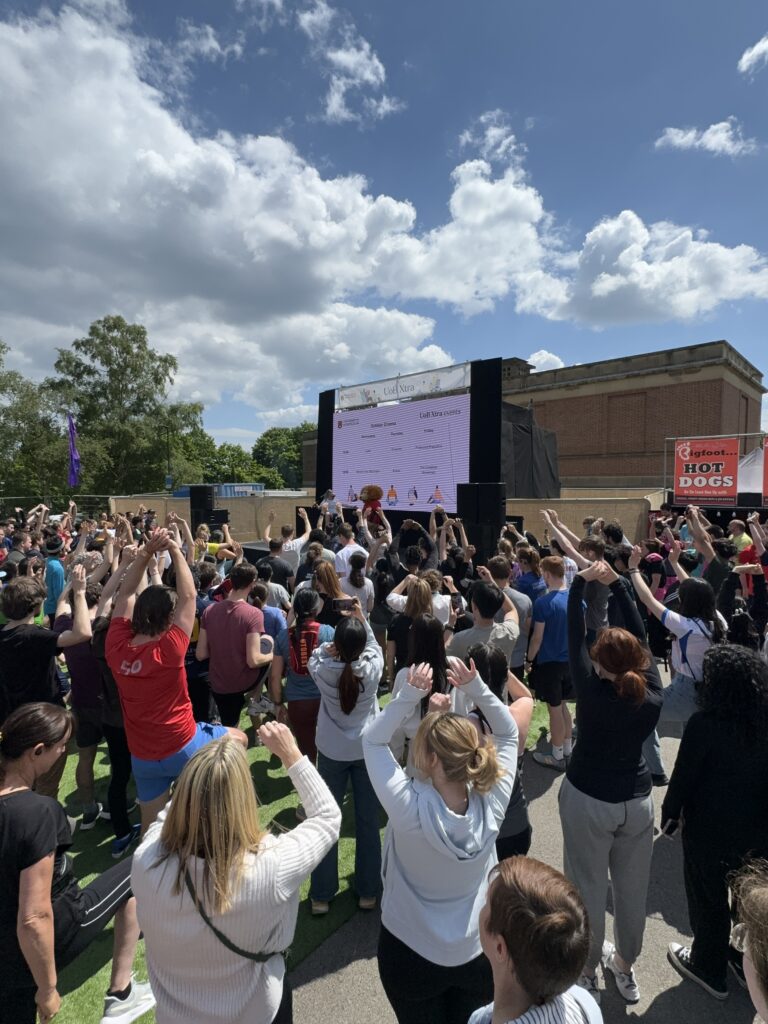
Campus 3K: Join the fun this summer at UoB Xtra! Get ready to walk, jog, run, or dance your way around campus – because the
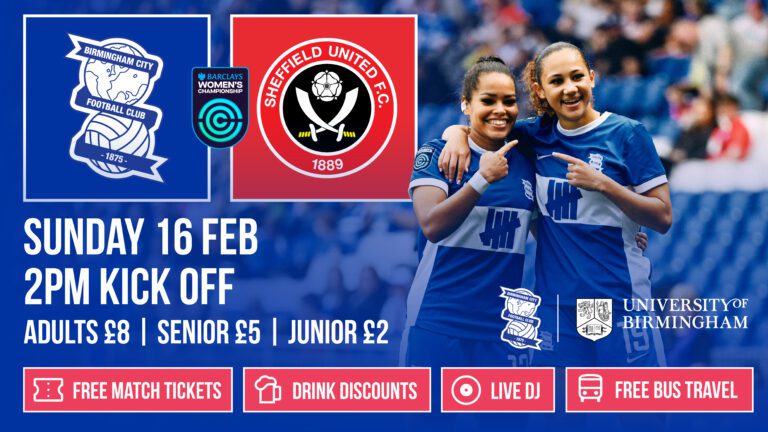
University and BCFC team up for Matchday experience Exciting news for University of Birmingham students, staff, alumni, and their families! We’re teaming up with Birmingham
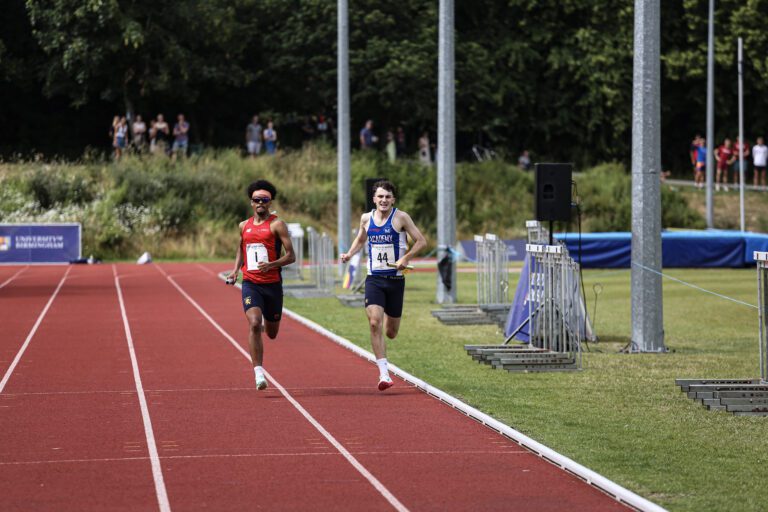
University of Birmingham to Host UK Athletics 10,000m Championships We’re thrilled to announce that the University of Birmingham will be hosting the UK Athletics 10,000m
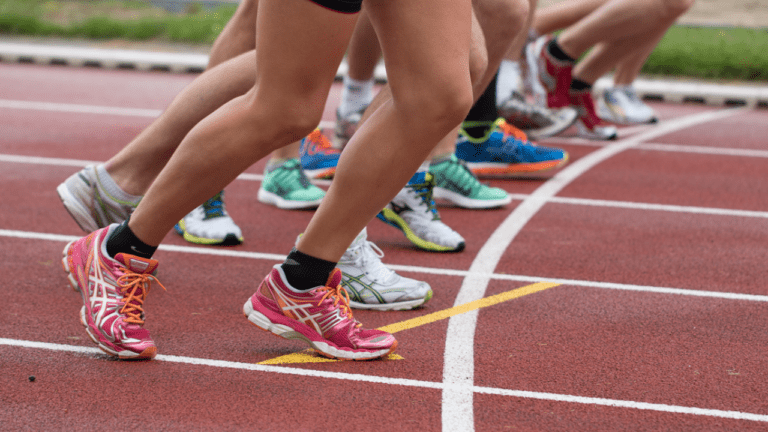
Optimise your run Whether it’s a 5km, 10km, half-marathon, marathon or ultra, everyone seems to be training for a race or running in some capacity!
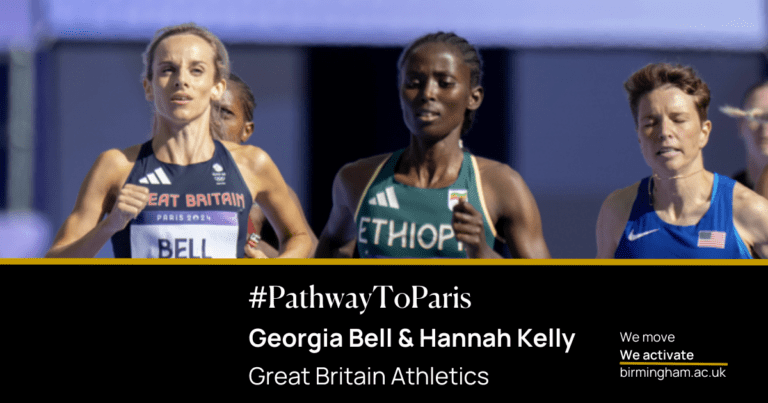
#PathwaytoParis catch up | Awesome Athletics alumna bring home bronze It’s been an astonishing final few days of the Paris games for Birmingham representatives, with
Scroll down for more options…
Scroll down for more options…
Scroll down for more options…

